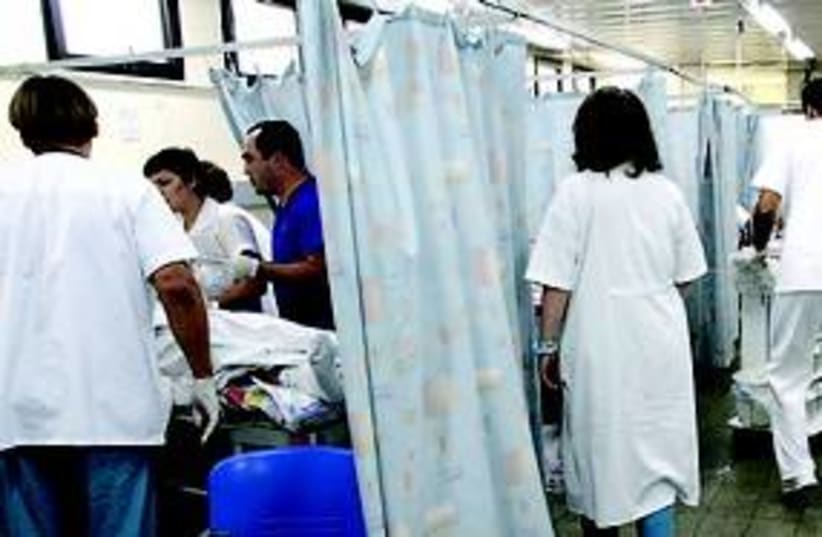PM praises deal between Treasury, medical residents
Steinitz says agreement is excellent, will advance historic reform; Tel Aviv Sourasky Medical Center residents vote against agreement, but promise to respect majority decision; residents back out of press conference.
